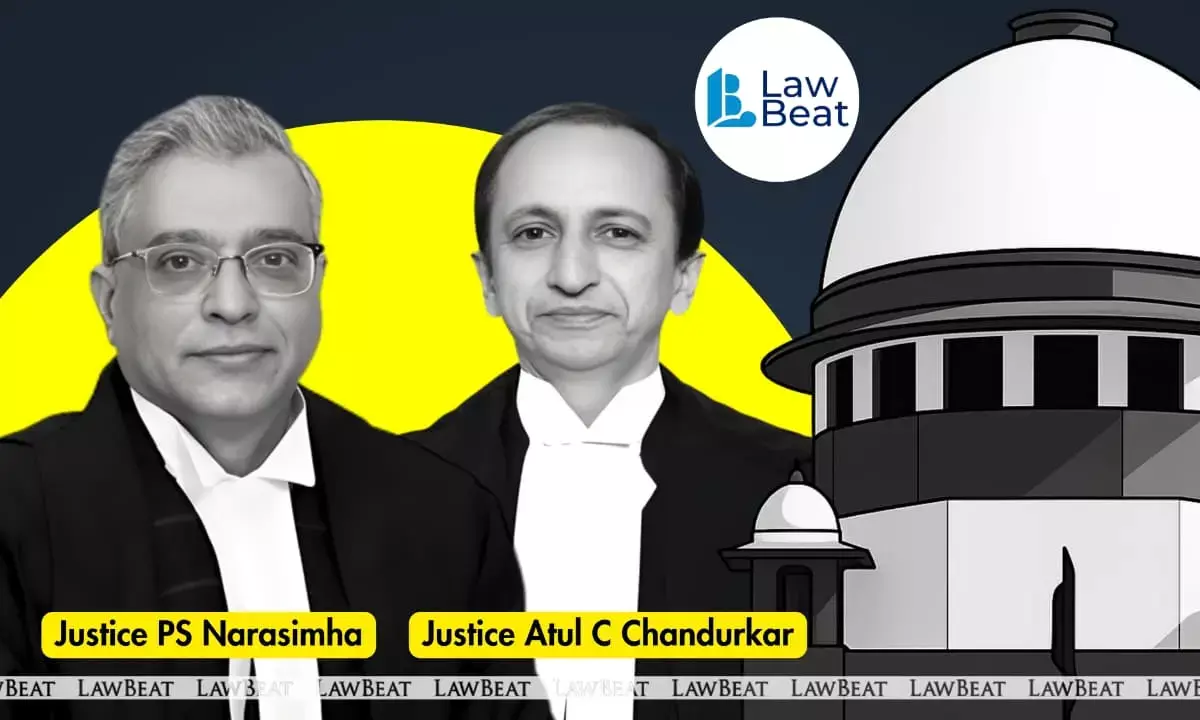Indian Courts Have No Jurisdiction to Appoint Arbitrator for Foreign-Seated Arbitration: SC

Supreme Court clarifies that Indian courts cannot appoint arbitrators for disputes seated outside India
The Supreme Court on November 21, 2025, held that Indian courts have no jurisdiction to appoint an arbitrator for a foreign-seated arbitration, regardless of the nationality or residence of the parties involved.
A bench of Justices P. S. Narasimha and Atul C. Chandurkar dismissed a petition filed by Balaji Steel Trade seeking the appointment of an arbitrator. The court found that the main contract between the parties clearly provided for international commercial arbitration, and therefore Section 11 of the Arbitration and Conciliation Act, 1996, which deals with appointment of arbitrators in India, did not apply.
The bench emphasised that Part I of the 1996 Act does not apply to arbitrations seated outside India. The “seat” of arbitration has legal significance because it determines which country’s courts have supervisory control over the arbitration process.
The case arose out of a commercial dispute involving Balaji Steel Trade, an Indian partnership firm dealing in steel and agricultural commodities, and three companies it had business dealings with. The main contract, between Balaji Steel and Respondent No. 1, Fludor Benin S.A., a company incorporated in West Africa, contained an arbitration clause that required all disputes to be resolved through arbitration in Benin, governed by Benin’s laws. Two other entities, a Dubai-based company and a New Delhi-based company, were also involved in related transactions, though they were not signatories to the main agreement.
Disagreements broke out between the parties over supply quantities and payments. Instead of participating in the arbitration already initiated in Benin, Balaji Steel approached the Supreme Court seeking the appointment of an arbitrator in India. It argued that all three respondents should be brought into a single arbitration through the “group of companies” doctrine, and that the court should constitute a composite arbitral tribunal under Section 11 of the Arbitration and Conciliation Act, 1996.
The Supreme Court rejected the request at the very threshold. Court made it clear that since the parties had agreed on Benin as the seat of arbitration, Part I of the 1996 Act which includes the power of Indian courts to appoint arbitrators, did not apply at all.
The bench pointed out that Article 11 of the main agreement, read with Article 5 of its Addendum, left “little scope for doubt” that the arbitration was to be conducted in Benin and governed by Benin’s curial law. That choice alone was enough to exclude the Supreme Court’s jurisdiction.
Court also highlighted several factual circumstances that strengthened this conclusion. Respondent No. 1 had already invoked arbitration in Benin in 2023. The Benin Commercial Court had appointed a sole arbitrator, Dr. Gilbert Ahouandjinou, who had delivered a final award on May 21, 2024. Once a properly constituted tribunal had exercised jurisdiction and issued its award, Balaji Steel could not try to begin a second arbitration process in India on the same dispute. Doing so, the court said, would undermine the finality of arbitral awards and violate the principle that only the courts at the seat of arbitration, in this case Benin, have supervisory powers.
The bench also noted that Balaji Steel had earlier tried to block the Benin arbitration by filing an anti-arbitration injunction suit before the Delhi High Court. That suit was dismissed in November 2024. Because those issues had already been decided by a competent court, the petitioner was now barred by issue estoppel from raising the same arguments again before the Supreme Court.
Court further rejected Balaji Steel’s attempt to apply the group of companies doctrine, observing that the doctrine is not an automatic tool for roping in every related entity into arbitration proceedings. The other two respondents were not part of the mother agreement, and there was no composite transaction that could justify their inclusion.
Holding the petition “fundamentally misconceived,” the court said that Balaji Steel’s request was not just legally untenable but was also foreclosed by its own previous litigation conduct.
Case Title: Balaji Steel Trade vs Fludor Benin S.A. & Ors.
Judgment Date: November 21, 2025
Bench: Justices P. S. Narasimha and Atul C. Chandurkar
